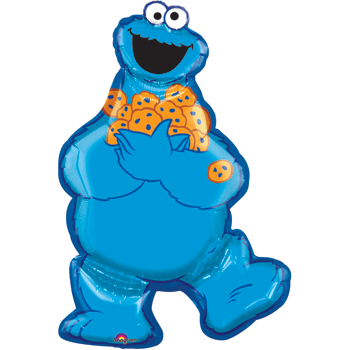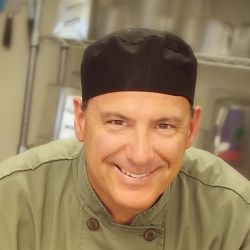Can Too Much Exercise Cause Adrenal Dysfunction?
by Sean Croxton and Reed Davis
If I could turn back the hands of time and become a personal trainer again, I would do a LOT of things differently.
Of course, I would NOT have put my clients on the Food Guide Pyramid diet plan. Whoops!
But in hindsight, I think one of my biggest mistakes was pushing so much cardio on my clients. If you’ve read the intro to my ebook — which you can get for free HERE — you’re familiar with my old “cardio sign-in sheets”.
Each week, I assigned my clients a specific number of calories to burn off on their cardio machine(s) of choice. For example, if the goal was to burn 5000 calories in a week, clients were required to document each cardio session on the sign-in sheet that hung up in my office. For some, a 5000-calorie objective called for five 1000-calorie sessions over a seven-day period. This could take as long as 2 hours a day for my smaller clients. Sometimes, they even had to pull double-duty, coming in twice a day to meet their weekly goals.
Sorry…:(
What drove me bat-sh*t crazy was the fact that, despite these arduous cardio sessions in addition to severely calorie-restricted diets, most clients wouldn’t drop a single pound. Some even gained weight. It was the most perplexing thing ever!
Fast forward half a decade, and I finally learned the truth about why my approach was failing over and over again. Not only were my clients consuming the wrong foods, but the majority of them actually needed LESS exercise.
My clients were already stressed out enough as it was — emotionally, financially, socially, and spiritually. My methods of gross overtraining were only making matters worse.



 by Sean Croxton
by Sean Croxton by Sean Croxton
by Sean Croxton by Sean Croxton
by Sean Croxton








